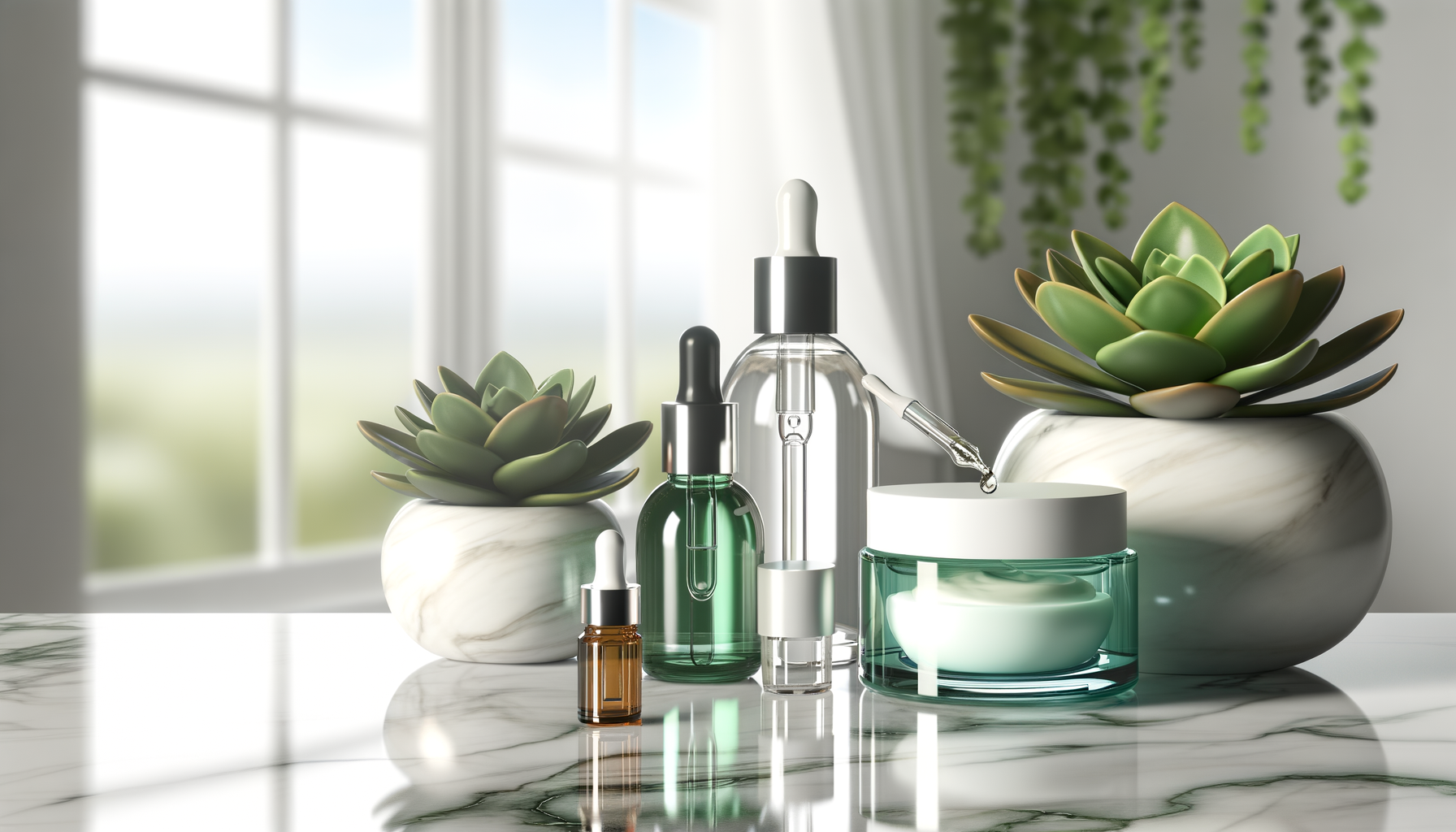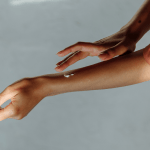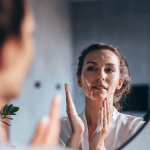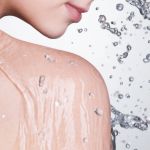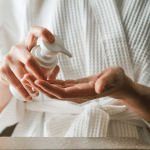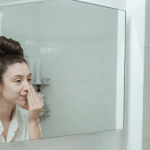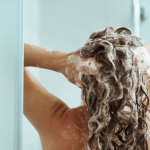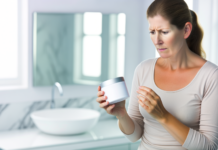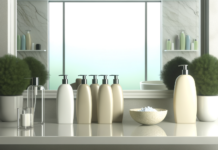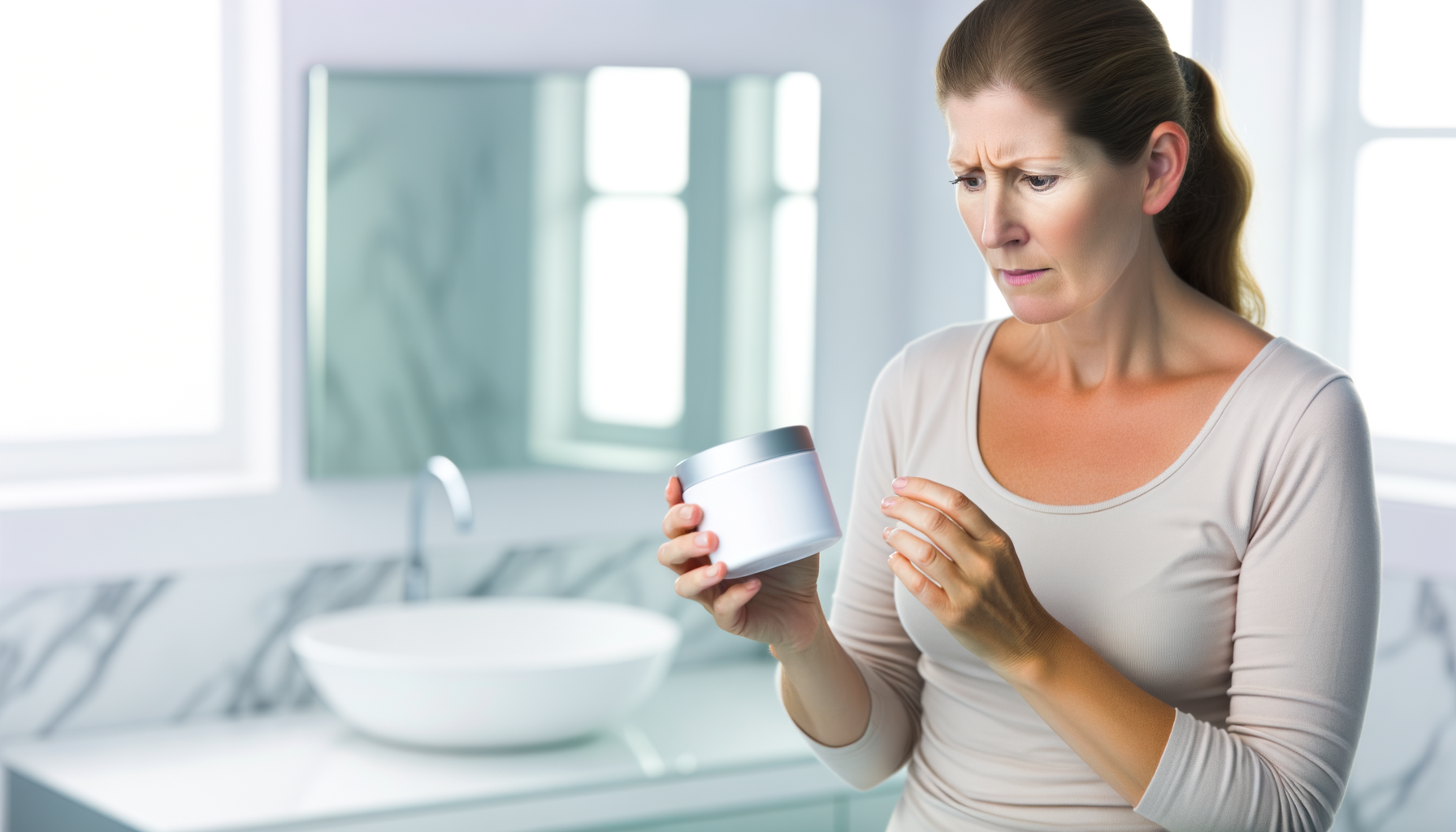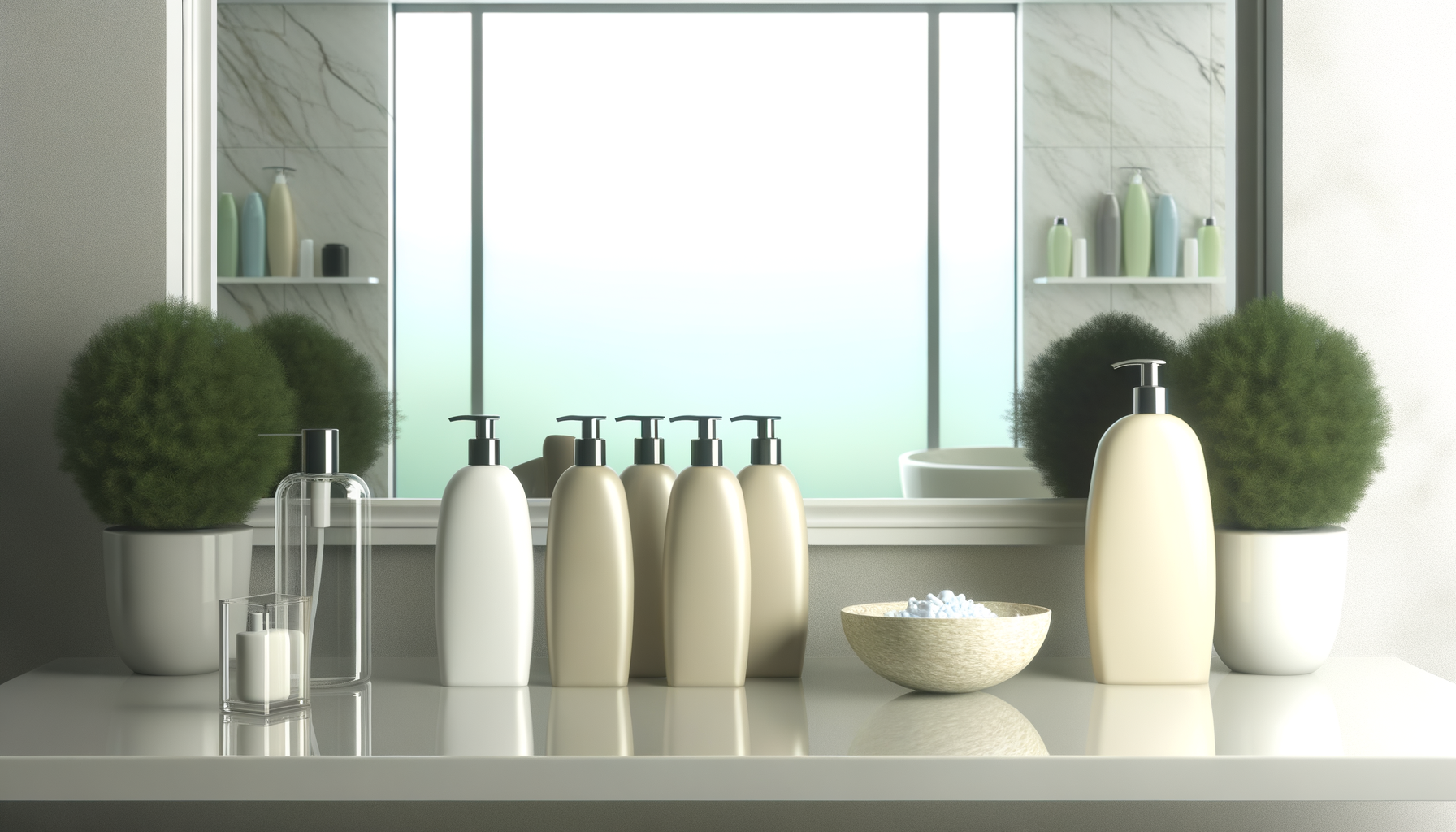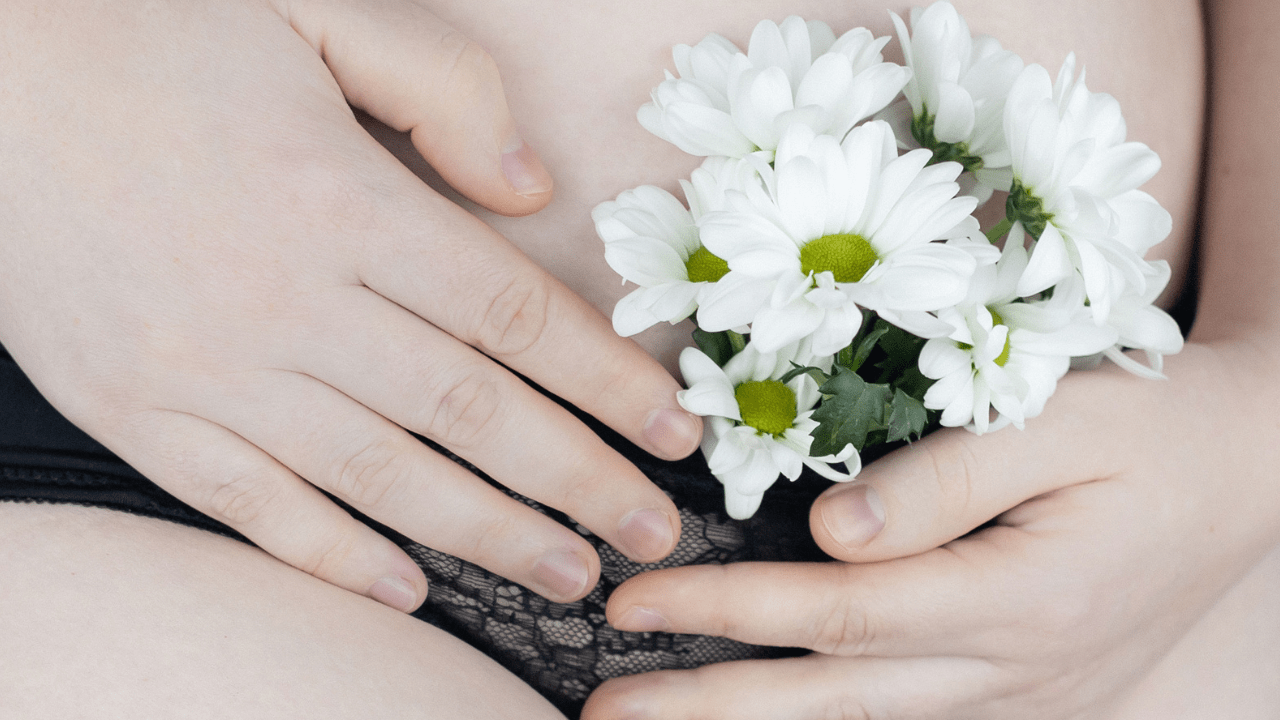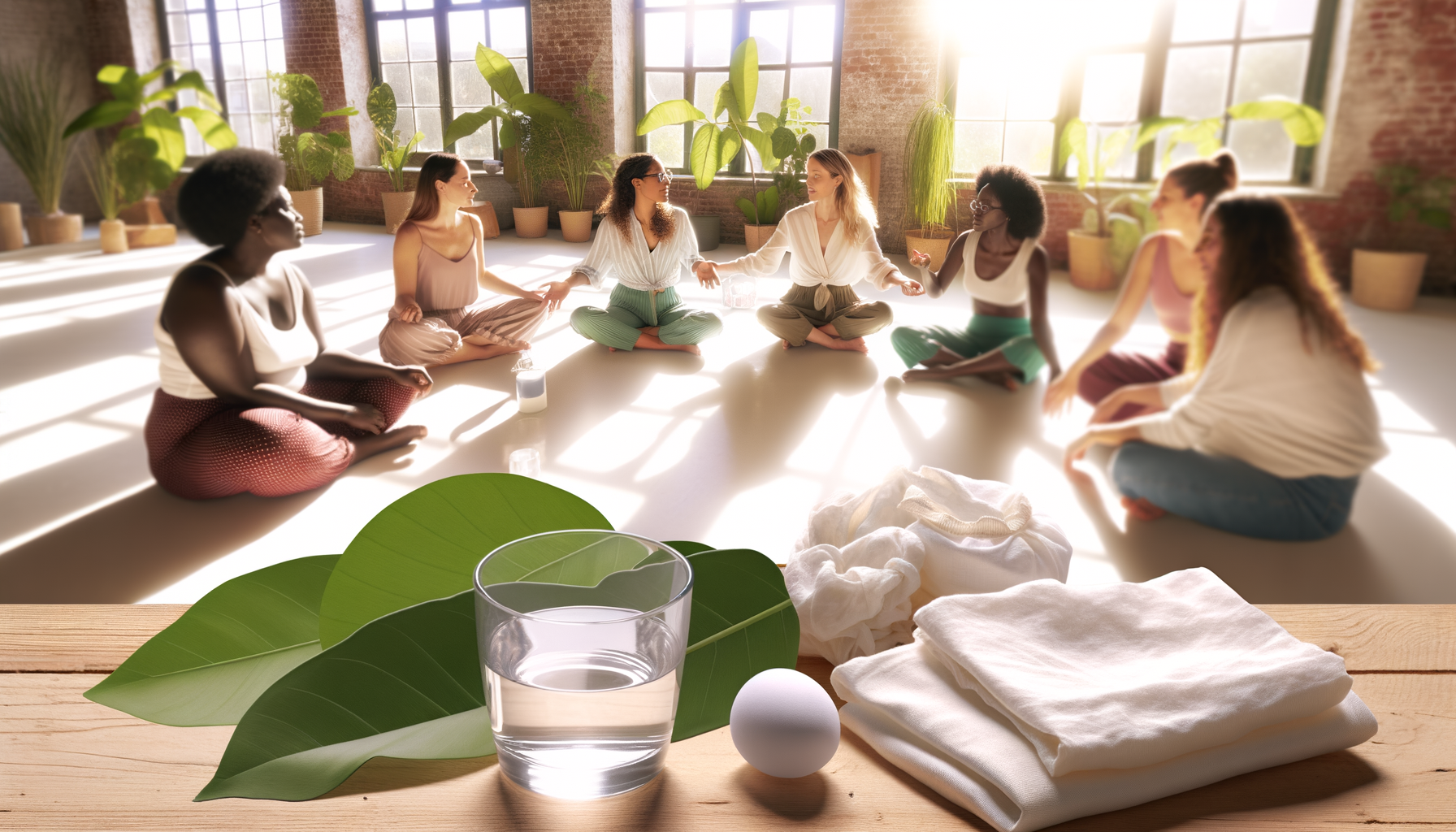Introduction
The prevalence of alcohol in skincare products
Alcohol is a ubiquitous component in the world of skincare, found in a myriad of products from toners and cleansers to serums and sunscreens. Its prevalence is not without reason; alcohol acts as a solvent, preservative, and penetration enhancer, making it a versatile ingredient for various formulations. However, the term “alcohol” encompasses a broad range of compounds, each with distinct properties and effects on the skin.
Common concerns about skincare ingredients among health-conscious women
For health-conscious women, the ingredients list on skincare products is often a topic of scrutiny. Among the various components, alcohol stands out as a controversial ingredient. Concerns typically revolve around its potential drying effects, irritation, and the long-term health implications of its absorption through the skin. With the rise of “clean beauty” and a shift towards more natural products, understanding the role and impact of alcohol in skincare has become increasingly important.
Objective of the article
The objective of this article is to delve into the complexities of alcohol in skincare, demystifying its various forms and elucidating its multifaceted roles in product formulations. We aim to address the myths and facts surrounding alcohol’s effects on the skin, particularly focusing on its potential to cause dryness and other skin concerns. By providing a comprehensive overview, we empower women to make informed decisions about the products they choose to incorporate into their skincare routines, ensuring that their selections align with their health and beauty goals.
Understanding Alcohol in Skincare
Different Types of Alcohol Used in Skincare
Alcohol in skincare can be a confusing topic, as not all alcohols are created equal. There are several types of alcohol commonly found in skincare products:
- Fatty Alcohols: These include cetyl, stearyl, and cetearyl alcohol, which are derived from natural fats and oils. They are used as emollients and thickeners, and are generally non-irritating to the skin.
- Simple Alcohols: Such as ethanol (also known as ethyl alcohol), isopropyl alcohol, and denatured alcohol. These can act as astringents, antiseptics, or solvents, but may be drying or irritating, especially for sensitive skin types.
- Propylene Glycol: Although not a traditional alcohol, it is often included in discussions about alcohol in skincare due to its alcohol-like properties. It can act as a humectant or solvent, but its safety profile is dose-dependent.
Functions of Alcohol in Skincare Formulations
Alcohol serves multiple functions in skincare formulations:
- Solvent: Alcohol can dissolve ingredients that are not water-soluble, making it easier to formulate a consistent and effective product.
- Preservative: It can prevent the growth of microbes, extending the shelf life of the product.
- Penetration Enhancer: Alcohol can help other ingredients penetrate deeper into the skin, potentially increasing their efficacy.
- Astringent: It can tighten the skin and minimize the appearance of pores, which may be desirable in products for oily skin.
- Texture Enhancer: Alcohol can give products a lighter, quick-drying feel, which is often preferred in gel formulations.
Myths vs. Facts about Alcohol in Skincare
There are many misconceptions surrounding the use of alcohol in skincare:
- Myth: All alcohols are drying and should be avoided. Fact: Not all alcohols are created equal. Fatty alcohols can be moisturizing and beneficial for the skin.
- Myth: “Alcohol-free” products contain no alcohol whatsoever. Fact: This term often refers to the absence of simple alcohols like ethanol, but the product may still contain fatty alcohols or other types of alcohol derivatives.
Understanding the role and effects of alcohol in skincare is essential for making informed choices about the products we use. While some alcohols can be drying or irritating, others play a beneficial role in product formulation and skin health. It’s important to read labels carefully and know which type of alcohol is in your skincare products.
If you want to stay on the safe side, opt for water-free products because they can be made without chemicals, which are detrimental to your health. Water-based products need preservatives like alcohol, parabens and other chemicals to prevent bacteria and microbes grow in the product because water is a breeding ground for bacteria.
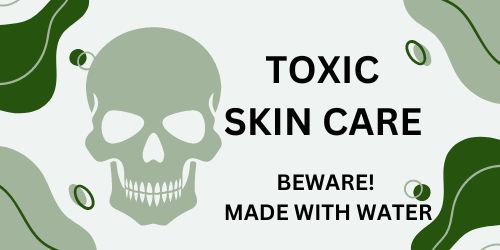
Do you have the most commonly used but toxic, disease bringing chemicals in your skin care? Many chemicals in skincare are hormone disruptors and make menopause symptoms worse.
Find out more…
Potential Effects of Alcohol on Skin Health
Short-term effects of topical alcohol
Alcohol is a common ingredient in skincare products, often used for its antiseptic and astringent properties. However, its immediate effects on the skin can be a double-edged sword. In the short term, alcohol can provide a quick degreasing effect and a feeling of freshness, which may be particularly appealing for those with oily skin. It can also aid in the absorption of other skincare ingredients and act as a preservative to extend the shelf life of products.
Despite these benefits, alcohol can also strip the skin of its natural oils, leading to dehydration. This can cause the skin to produce more oil to compensate, potentially exacerbating issues like acne. Additionally, for individuals with sensitive skin, alcohol can cause irritation, redness, and a stinging sensation upon application. It’s important to note that not all alcohols have the same drying effect; fatty alcohols, for example, can be quite moisturizing.
Long-term implications for skin health
With prolonged use, the drying effects of alcohol can lead to more significant skin health concerns. Over time, alcohol can compromise the skin’s protective barrier, making it more susceptible to environmental stressors such as pollutants and UV radiation. This can accelerate the aging process, leading to premature wrinkles and a loss of elasticity.
Furthermore, the irritation caused by alcohol can trigger an inflammatory response in the skin. Chronic inflammation is a known factor in the aging process and can contribute to the development of skin conditions such as rosacea and eczema. It’s crucial for consumers to be aware of the types of alcohol in their skincare products and to monitor their skin’s response over time.
Alcohol and sensitive skin conditions
For those with sensitive skin or skin conditions like eczema, psoriasis, or rosacea, alcohol can be particularly problematic. These conditions are characterized by an impaired skin barrier, and the application of alcohol can further disrupt this barrier, leading to increased sensitivity and irritation. In such cases, it is advisable to avoid skincare products with high concentrations of drying alcohols and opt for formulations that are alcohol-free or contain moisturizing alcohols like cetyl, stearyl, or cetearyl alcohol.
In conclusion, while alcohol can serve useful functions in skincare formulations, it is essential to use it judiciously and be mindful of its potential drying and irritating effects, especially for those with sensitive skin or pre-existing skin conditions. Choosing products with the right type of alcohol for your skin type and concerns can help maintain healthy, hydrated skin.
Alcohol’s Impact on Hormonal Balance and Menopause
The relationship between skincare ingredients and hormonal health
Skincare products are not just about maintaining a youthful glow; they can also have profound effects on hormonal health. Ingredients absorbed through the skin can enter the bloodstream and potentially disrupt the delicate balance of hormones. Alcohol in skincare, particularly certain types like isopropyl alcohol and benzyl alcohol, can act as endocrine disruptors. These disruptors can mimic, block, or interfere with the body’s natural hormones, such as estrogen and testosterone, leading to a cascade of health issues, including hormonal imbalances.
Specific concerns for women going through menopause
For women approaching or experiencing menopause, hormonal balance is already in a state of flux. Estrogen levels naturally decline during this time, leading to common symptoms such as hot flashes, night sweats, and mood swings. The addition of potential endocrine disruptors from skincare products containing alcohol can exacerbate these symptoms. Moreover, the skin becomes thinner and more sensitive during menopause, making it more susceptible to the drying and irritating effects of alcohol-based products.
Avoiding endocrine disruptors in skincare
To minimize the risk of hormonal disruption, women, especially those going through menopause, should be vigilant about the skincare products they use. Here are some tips for avoiding endocrine disruptors:
- Read labels carefully: Look for products that are labeled as “alcohol-free” or that do not list denatured alcohols, isopropyl alcohol, or benzyl alcohol among their ingredients.
- Choose natural alternatives: Opt for skincare products that use natural ingredients known for their hydrating and soothing properties, such as aloe vera, shea butter, and plant oils.
- Consult with professionals: If in doubt, seek advice from a dermatologist or a healthcare provider knowledgeable about the impact of skincare ingredients on hormonal health.
By making informed choices about the products they apply to their skin, women can help protect their hormonal balance and navigate the challenges of menopause with greater ease.
Holistic and Natural Skincare Alternatives
Benefits of Alcohol-Free Skincare Products
Alcohol-free skincare products offer a myriad of benefits for the skin. Unlike their alcohol-containing counterparts, these products do not strip the skin of its natural oils, which can lead to dryness and irritation. Instead, they maintain the skin’s natural moisture balance, promoting a healthy, hydrated complexion. For individuals with sensitive or reactive skin, alcohol-free options can significantly reduce the risk of inflammation and redness, providing a gentle yet effective skincare solution.
Ingredients to Look for in Natural Skincare
When seeking out natural skincare alternatives, it’s essential to focus on ingredients that nourish and support skin health. Look for products containing:
- Plant Oils and Butters: Such as cocoa butter, argan oil, and shea butter, which are rich in vitamins and fatty acids.
- Antioxidants: Like vitamin E to protect against environmental damage.
- Hydrators: Including hyaluronic acid to help retain moisture.
- Herbal Extracts: Such as chamomile, calendula, known for their soothing effects.
How to Read Labels and Identify Hidden Alcohols
Understanding skincare labels is crucial to identifying hidden alcohols that may be drying or irritating. Alcohols to avoid typically have names ending in ‘-ol’ or include ‘denatured’ in their name. To ensure you’re selecting alcohol-free products, scan the ingredient list for terms like:
- Simple Alcohols: Such as ethanol, isopropyl alcohol, and methanol.
- Denatured Alcohols: Listed as ‘Alcohol Denat’ or ‘SD Alcohol’.
Remember, fatty alcohols like cetyl, stearyl, and cetearyl alcohol are generally considered safe and beneficial for the skin. These are not drying and help to maintain skin’s moisture.
Tip: The higher up on the ingredient list an alcohol is, the greater its concentration in the product. Aim for products where these alcohols are listed towards the end, if at all, to minimize their impact on your skin.
Tip: Look for “water”, “aqua”, “eau” or “juice” at the top of the ingredient list – if this is listed, it means the product contains water (up to 95%) and chemicals. If you don’t want endocrine-disrupting chemicals in your product, choose a water-free product like the ones from Damiva. Water-free skin care can be made without chemicals because there is no water that the bacteria can use as breeding ground.
By the way, something for you, a little gift!!!
I am just in the middle of publishing my book. It’s about How women can balance their hormones. One part is about food and diet, of course.
Follow this link and enter your email.
I will send you this part of the book for free once the book is published. It has many concrete, practical tips and recipes and will help you feel better during menopause or times of Big hormonal fluctuations.
Annette, Damiva Lead for Health & Wellness

Lifestyle Considerations for Healthy Aging
Diet and nutrition for skin health
Healthy skin starts from the inside out, and what you eat can significantly impact the appearance and aging of your skin. Antioxidant-rich foods such as berries, nuts, and green leafy vegetables combat free radicals that can cause oxidative stress and damage skin cells. Omega-3 fatty acids, found in fatty fish like salmon, flaxseeds, and walnuts, are essential for maintaining skin’s lipid barrier, which helps retain moisture and protect against environmental irritants. Hydration is also crucial; drinking plenty of water throughout the day ensures that the skin remains hydrated and can help reduce the appearance of fine lines and wrinkles.
The role of stress management and sleep in maintaining healthy skin
Chronic stress can lead to inflammation, which accelerates aging and exacerbates skin conditions like acne and eczema. Incorporating stress-reduction techniques such as meditation, yoga, or deep breathing exercises can help manage stress levels and improve overall skin health. Adequate sleep is equally important; during sleep, the body repairs and regenerates skin cells. Aim for 7-9 hours of quality sleep per night to allow your skin to properly rejuvenate.
Exercise and its benefits for skin vitality
Regular physical activity increases blood flow, which helps nourish skin cells and keep them vital. Blood carries oxygen and nutrients to working cells throughout the body, including the skin. In addition to providing oxygen, blood flow also helps carry away waste products, including free radicals, from working cells. Exercise has also been shown to ease stress, and consequently, can help reduce the risk of stress-related skin conditions. Aim for at least 30 minutes of moderate exercise most days of the week.
Do you know the 3 main ways how your body is exposed to harmful chemicals, which affect your hormones, your thyroid, health and beauty?
If not, it may be time to learn about them. It takes about 1-2 minutes.
We have a few suggestions how to avoid these silent health and immune system killers in our new guide.
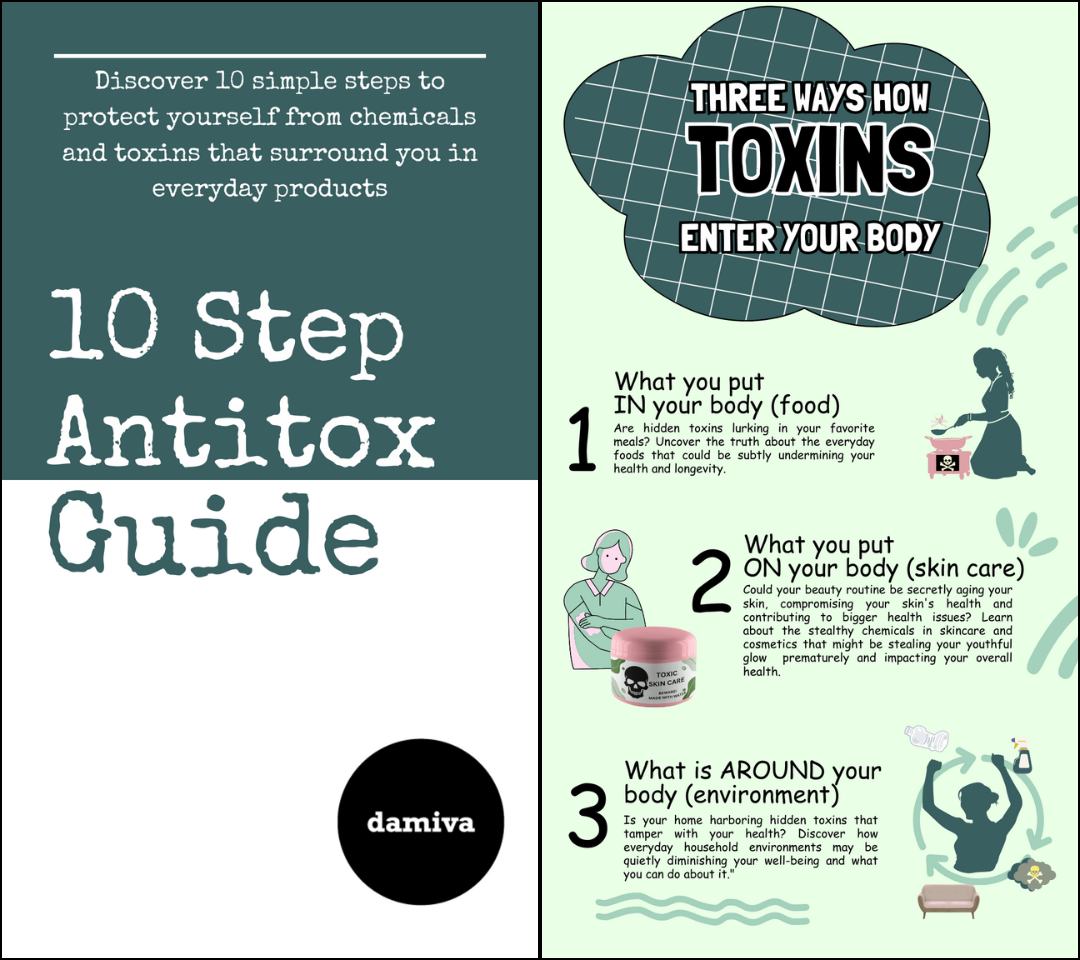
Conclusion
Summary of key points
In this article, we have explored the multifaceted role of alcohol in skincare products, addressing the concerns and myths surrounding its use. We’ve differentiated between the types of alcohols commonly found in skincare—simple, fatty, and aromatic—and their respective functions, from acting as preservatives and solvents to enhancing the penetration of active ingredients. While acknowledging the short-term benefits of alcohol in skincare, such as its astringent and antimicrobial properties, we’ve also delved into the potential adverse effects on skin health, including irritation, dehydration, and disruption of the skin barrier, particularly in sensitive skin conditions.
Moreover, we’ve examined the impact of alcohol on hormonal balance and its implications for women undergoing menopause, emphasizing the importance of avoiding endocrine disruptors. We’ve highlighted natural skincare alternatives that offer benefits without the risks associated with alcohol, and we’ve provided guidance on how to identify hidden alcohols in product labels.
Lifestyle considerations for healthy aging, such as diet, stress management, sleep, and exercise, were also discussed as integral to maintaining skin vitality. These holistic approaches complement the use of alcohol-free skincare products in promoting overall well-being.
Empowering women to make informed skincare choices
Empowerment comes from knowledge. By understanding the role and effects of alcohol in skincare, women can make informed decisions that align with their health goals and skin needs. It is crucial for women to be discerning consumers, reading labels carefully, and choosing products that support the health of their skin without compromising its integrity. With the information provided, women can confidently navigate the vast array of skincare options and select those that contribute to their long-term skin health and hormonal balance.
Final thoughts on alcohol in skincare and overall well-being
In conclusion, while alcohol can serve useful functions in skincare formulations, its potential to dry and irritate the skin, particularly with long-term use, cannot be overlooked. The choice to use alcohol-containing products should be made with a clear understanding of one’s skin type, concerns, and the potential risks involved. Embracing alcohol-free alternatives and adopting a holistic approach to skincare and lifestyle can lead to healthier, more resilient skin and overall well-being. Ultimately, the goal is to nurture the skin, preserving its natural beauty and function through thoughtful and informed skincare choices.
